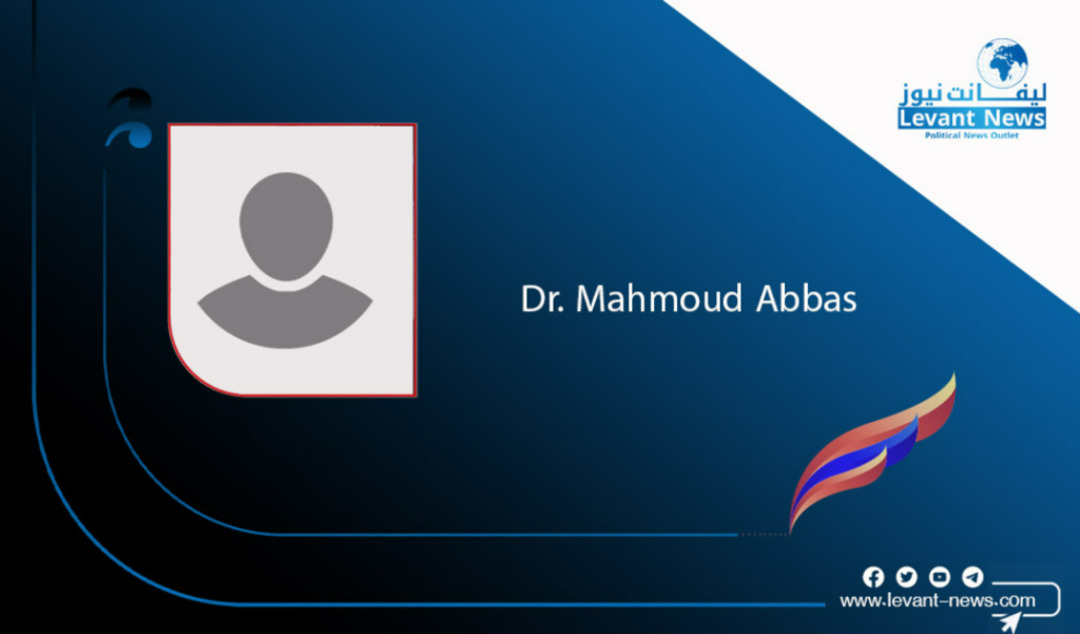-
Three Main Themes I Want to Present to the Reader Regarding Behind-the-Scenes Diplomatic Developments Concerning Syria

These are intersecting interests and conflicting visions, where political maneuvers blend with strategic gambles revealing the true face of the Syrian scene as a battleground for legitimacy, identity, and destiny.
An Important Diplomatic Fact About Ahmad al-Shar’ and Asaad al-Shibani Everyone Should Know:
Ahmad al-Shar’, the transitional president, obtained his U.S. visa through regional mediation to speak before the United Nations. It was not granted as a high-ranking diplomatic official, but rather processed through the U.S. embassy in Jordan, where the Syrian ambassador there followed up for three days until approval was granted. The visa obtained by him and his delegation is just a regular visa, like any other Syrian citizen’s, and carries no diplomatic status or presidential immunity. This means the United States, if it wished, could arrest him, as there has been no official or diplomatic recognition of the Syrian transitional government by the U.S. to date. All these initiatives are part of the groundwork for opening channels between Syria and Israel, based on accepting Israeli security conditions.
As for Asaad al-Shibani, he obtained his U.S. visa through the mediation of the American envoy to Syria and Lebanon, Thomas Barrack, who now presents him in meetings and travels between American centers. Barrack is the one convincing U.S. administrations, officials, and some senators to meet with him; this indicates that his movements do not reflect formal diplomatic relations but are more akin to personal support from Barrack, backed by Turkish and Qatari lobbies.
Some American political circles do not hesitate to deal with any organization or individual classified as terrorist if they do not pose a direct threat, trying to explore possibilities for changing the course—this is the approach used with the government of Ahmad al-Jolani. But the shocking reality that the public opinion in America must understand is that these individuals—from “President” Jolani to his ministers—were part of Abu Musab al-Zarqawi’s army, then Baghdadi’s, and their hands are stained with the blood of American soldiers. They are responsible for killing, injuring, and disabling many U.S. troops. When this truth reaches their families, it will turn into a major crisis within the United States.
On September 18, 2025, in one of the corridors of the U.S. Congress, specifically in front of the elevator, by pure coincidence and without any prior knowledge of the presence of a minister from the so-called “Syrian Transitional Government,” Sanaa Muhammad, a representative of the Syrian Democratic Council, met by chance with her colleague Bassem Ismail, alongside the U.S. envoy to Syria and Lebanon, Thomas Barrack, who was accompanying the minister Asaad al-Shibani.
The initiative by Sanaa Muhammad at that spontaneous moment was surprising and shocking to both Barrack and al-Shibani. With remarkable diplomatic tact, she managed, in a few concise sentences, to deliver a very clear message on behalf of the Self-Administration and a broad segment of the Syrian people, directly to the American envoy: “Those you are trying to pass into the Congress halls do not represent all of Syria. Meanwhile, we are here, received directly by Senators and Congress members without any mediation, representing a unified national portrait with Kurds, Arabs, Druze, Alawites, and Christians. Her colleague from the Christian Syriac component added a symbolic significance to this, emphasizing the inclusivity of the representation and the broad social base backing it.”
This message was immediately understood, as shown by the increased American envoy’s attention moments after Sanaa Muhammad introduced herself. It was clear how in the halls of the U.S. Congress, two committees represent the Syrian people.
As for the body language during the meeting, what she did was nothing but dignified diplomacy mixed with wise humility before the American envoy, not before al-Shibani. This humility was not submission but deliberate political acumen, especially considering that she addressed the envoy directly in English, speaking straight to him without paying attention to Arabic, which others might have understood, thus leaving no doubt about her identity and the message.
Outside this scene, it is important to note that despite accompanying Barrack and meeting with several prominent members of the U.S. Congress, Asaad al-Shibani did not have any official diplomatic status. It was purely coincidental that his meeting with Sanaa Muhammad intersected with Barrack’s activities, which reflects that his appearance was nothing more than a formal accompaniment of a man seeking specific goals through meetings with some members—not rising to the level of political or diplomatic recognition.
However, this superficial interest will not last long, as the role played by this “government” and its leader, Ahmad al-Shar’, in killing many American soldiers in Iraq between 2002 and 2012 will soon be revealed.
Mahmoud Abbas
You May Also Like
Popular Posts
Caricature
opinion
Report
ads
Newsletter
Subscribe to our mailing list to get the new updates!




















